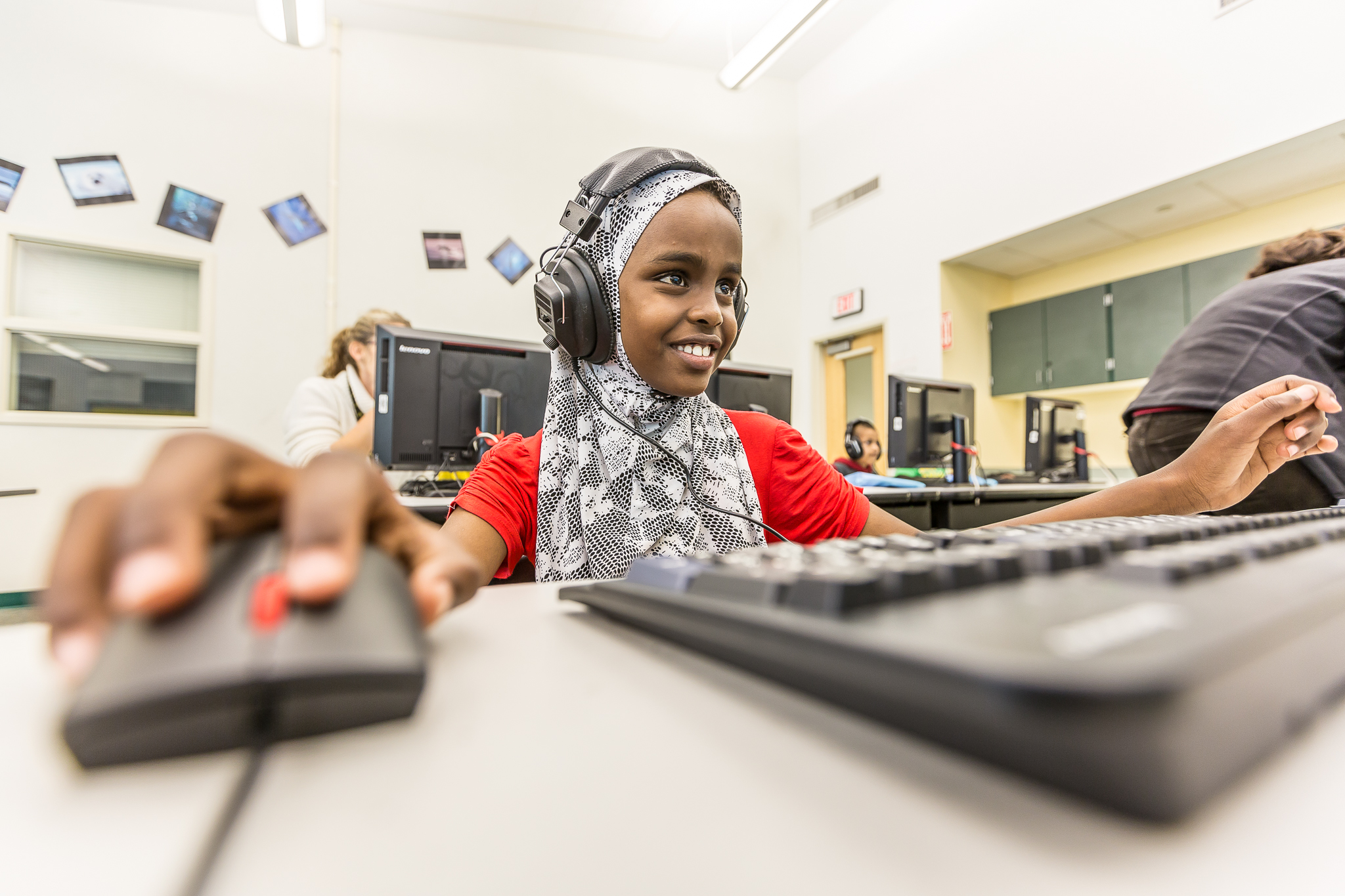
EdTech Global Landscape Analysis
Trends from the present and near future of technology-enabled learning
The research identified six EdTech innovation trends that represent patterns of approach we observed across many individual global projects. Accompanying each innovation trend are 2-3 case studies that illustrate how the technology is currently being used and brings the trend to life. The EdTech Open Atlas is a crowdsourced repository of information on EdTech projects and solutions from around the world. It is a resource for educators - teachers, NGOs, policy & decision makers - to explore what methods and tools exist to best assist their education goals.
EdTech Global Landscape Analysis: Trends from the present and near future of technology-enabled learning
The internet and computers have transformed nearly every sector and industry. Education is no different. Millions of hours of free learning videos are now online, many from the world’s most recognizable institutions. Tutors from any corner of the planet are available for hire. For those that don’t want to pay, forums and chats for peer learning can bridge the gap with a bit of extra effort. New interfaces and formats are leading learners through gamified experiences. These services are available as mobile apps, softwares, websites, plugins and even as virtual reality experiences. The list goes on, and grows every day.
The COVID-19 pandemic has presented the world with unprecedented learning challenges, which have in turn accelerated transformation of education. It was hard to find ways to make virtual university learning as rich as in-person learning. Doing the same for every age group, including very young children, has been even more difficult. In poor countries, the already difficult challenge of providing proper support for students was compounded by parallel crises. It will be a relief to see the restrictions finally lifted, but the effects to learning and education will reverberate for decades onward. One of the (perhaps) more hopeful effects has been an explosion in educational technology innovation and funding. Whatever else happens long-term, it is clear EdTech is only going to be more a part of our life, work, and learning.
The International Rescue Committee (IRC) helps people whose lives are shattered by conflict and disaster by supporting them in their effort to survive, recover and gain control of their future. A key part of this is providing education, especially to children. In the contexts in which IRC works, this is always difficult, and COVID-19 has multiplied these challenges. IRC is always trying to improve their existing programs. EdTech solutions may provide opportunities to better serve people and communities in crisis. To better provide for these people, IRC is undergoing the process of researching, analyzing, prototyping, and engaging with the EdTech sector to discover new methods for improving the lives of people in crisis.
A part of this work involved research into what is going on in the global EdTech landscape as a whole, not only for the humanitarian context. Often, the best new innovations come from adjacent industries or use-cases that might not have been originally designed with humanitarian needs in mind. Exploring the full range of what is currently available means less missed opportunities. Designing new programs with the full scope of the possible in mind means more tactics to improve learning outcomes in any setting.
We hope this scan and analysis can serve as an ongoing resource to those in the humanitarian sector and beyond. We hope it will provoke their thinking about what possibilities exist to serve their learning and education challenges, and how trends in the sector are moving toward or away from the kinds of solutions they might need for their work.
EdTech Open Atlas: Mapping the World’s Innovations in Education Technology
Access EdTech Open Atlas (Wiki)
In our research we came across an enormous volume of innovations from every corner of the globe. It became clear that a central repository was needed to serve as a go-to for someone looking to explore what is available in the sector and beyond. To address this need, we’ve created the EdTech Open Atlas. The Atlas is a crowdsourced repository of information on EdTech projects around the world. It is a resource for teachers, learners, and caregivers to explore methods and tools that can assist their education goals. Anyone from the public can add to the repository by adding new projects. This creates an ongoing resource for inspiration to anyone addressing an education or learning need, no matter where they are located.